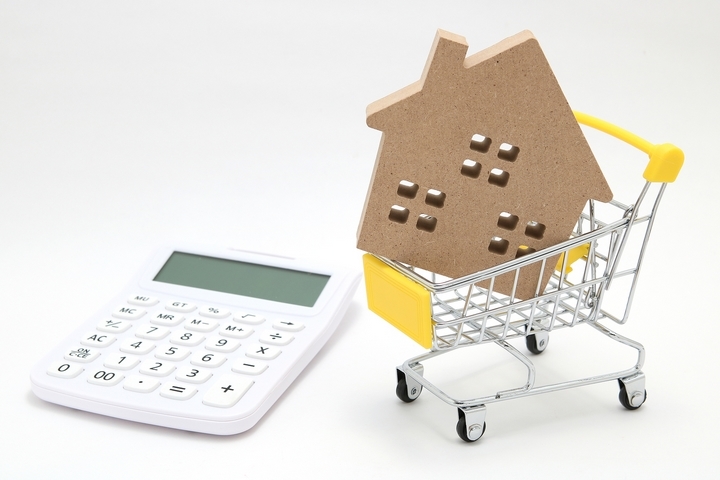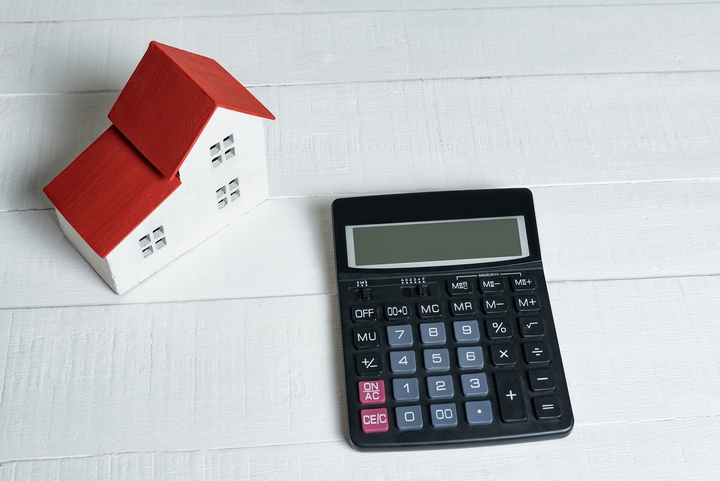When a homeowner fails to honour their property taxes and any other dues linked to their property, it becomes delinquent. However, delinquency doesn’t mark the end of the life of a particular property because it can still head back to the market. The local government puts these properties on sale through a tax sale process.
Buying tax delinquent properties differs from a typical property purchase. Hopefully, you’ve grasped what you need to know before considering this investment idea. Ensure to involve an expert while you practice all the due diligence regarding the property.
Let’s learn more about buying homes with delinquent tax properties.
Due diligence

It’s important to understand that you’re responsible for the due diligence when interested in investing in delinquent properties. This means you should conduct thorough research to understand more information. The government may not disclose all the details regarding an outstanding property on sale.
Hence, you should seek to know more independently or by engaging a real estate agent. Some details regarding these properties include liens, cost, age, previous owners, legal description, and their condition.
Budgeting is crucial

Another aspect of buying homes with delinquent taxes is that budgeting should remain at the frontline. Tax sales often appear like a sweet deal, allowing buyers to acquire properties at a lower cost.
However, you may easily fall victim to financial frustrations without a stable budget as you strive to be the highest bidder. Ensure to have a well-designed budget and adhere to it with slight adjustments that won’t possibly push you into debt.
Assess related risks

Like any other purchase, homes with delinquent taxes also have various risks linked to them. As an interested buyer, you must understand these risks before investing in the property. By the end of your research, you’ll better understand if the investment idea is still viable.
Another factor to consider when evaluating the risk tolerance of delinquent homes is your investment goals. If the property doesn’t align with the goals, it would be best to forgo other investment ideas.
It may be a profitable investment

Yes! Buying a property with delinquent taxes might be a profitable opportunity. Many of these properties are offered at a lower rate than their actual market value. This is because the primary purpose is to retrieve the outstanding tax dues or debts but not a huge profit.
Therefore, as a bidder, you may win one of the most affordable homes through a tax sale than you would have in the typical market. Again, remember to research the property’s condition adequately to ensure you don’t purchase an extremely defective home.
There’s a redemption period

Everyone interested in investing in homes with delinquent taxes must acknowledge the redemption period. It refers to the period granted to the current homeowner to redeem their property by paying all delinquent taxes and outstanding debts.
As an interested buyer, you should know whether your province offers a redemption period for delinquent homes. That way, a sudden reclaiming of a property you previously had interest in wouldn’t surprise you.
Understand the tax rules

Homes with delinquent taxes often have complex tax rules depending on different provinces. So, it’s crucial to understand all the tax rules regarding these properties to ensure you don’t incur charges you weren’t previously aware of.
You may need to consult a financial expert or attorney to understand the tax dues as they have a more profound experience. Remember, tax sale rules are rigid, and none should be overlooked.
Process of acquiring a home with delinquent taxes

The method of developing outstanding properties is referred to as a tax sale. It spans through a series of steps, including:
Take sale announcements
The government announces upcoming tax sales through public notices in its portal, notice boards, or near the property.
Registration
The next step is registering as a bidder on the property using the method provided in the announcement. You take this step after you’ve conducted satisfactory research on the property.
Budgeting
Step three of tax sales is setting a reasonable budget that will likely not frustrate your pocket.
Attending the auction and bidding
Step four of the tax sale is the auction and bidding, where registered bidders gather to compete for the property. The highest bidder takes and pays for the property, often wholly or at least ¾ of the total price.
After the above steps, you’ll have sailed through the tax sale successfully. However, it would help if you didn’t relax until you’ve acquired your title deed to the property. Settling a tax sale property without a legal title deed would be unsafe.

